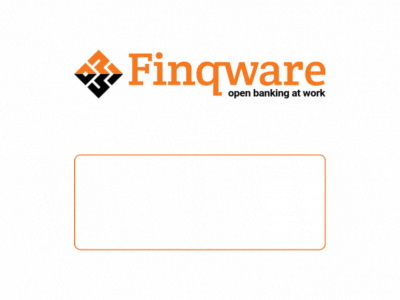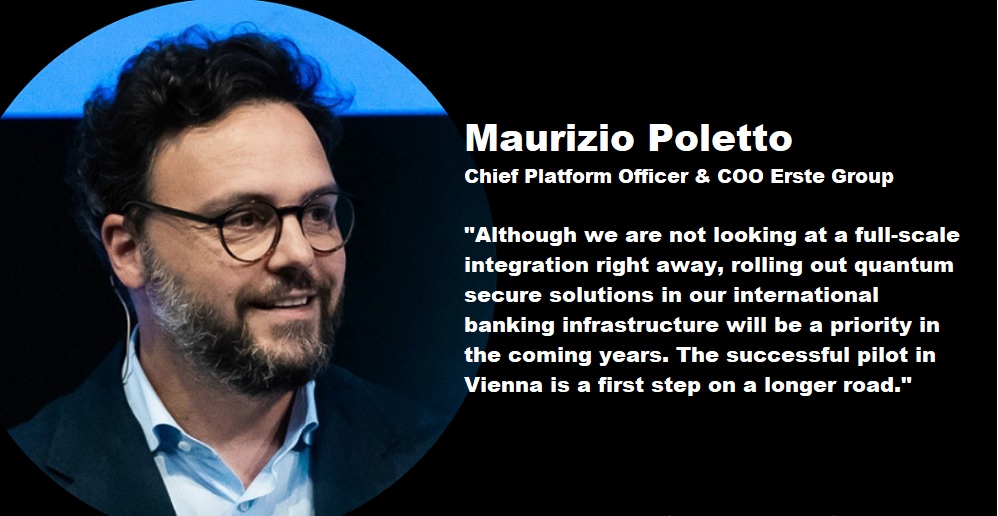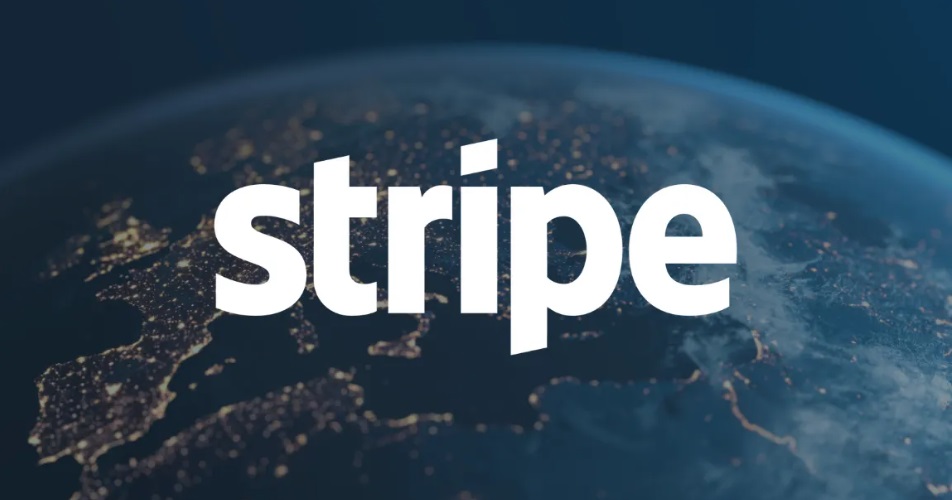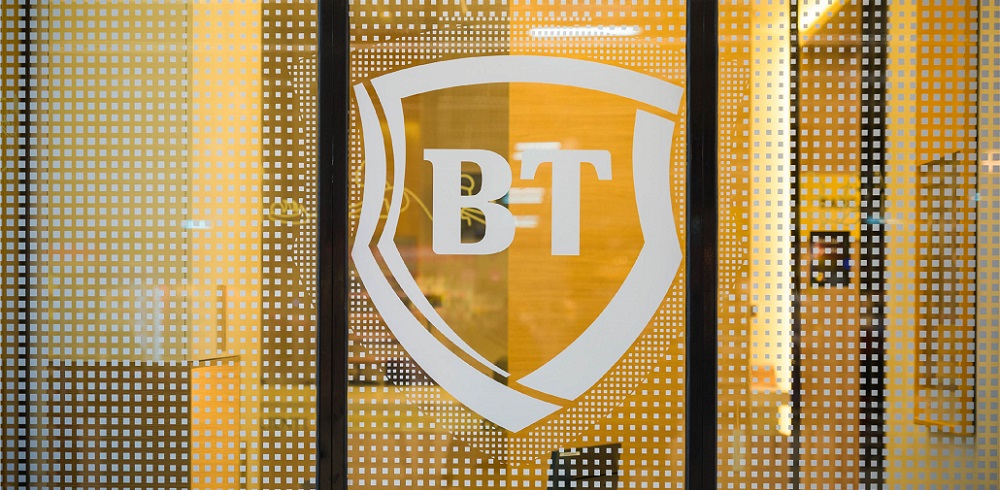EU launches anti-trust probe into bank data sharing
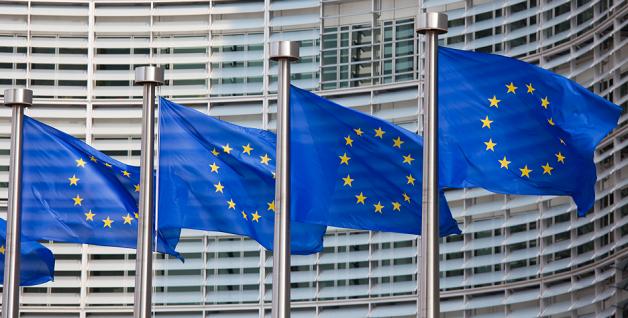
The European Commission is investigating whether banks are deliberately preventing non-bank competitors from gaining access to customer account data.
The Commission confirms that on 3 October 2017, anti-trust officials carried out unannounced inspections in Holland and Poland concerning online access to bank account information by competing service providers.
„The Commission has concerns that the companies involved and/or the associations representing them may have engaged in anti-competitive practices in breach of EU antitrust rules that prohibit cartels and restrictive business practices and/or abuse of dominant market positions,” states the Commission. „These alleged anti-competitive practices are aimed at excluding non-bank owned providers of financial services by preventing them from gaining access to bank customers’ account data, despite the fact that the respective customers have given their consent to such access.”
The Commission officials were accompanied by their counterparts from the relevant national competition authorities.
Unannounced inspections are a preliminary step into suspected anti-competitive practices. The fact that the Commission carries out such inspections does not mean that the companies or their associations are guilty of anti-competitive behaviour nor does it prejudge the outcome of the investigation. The Commission respects the rights of defence, in particular the right of companies to be heard in antitrust proceedings.
There is no legal deadline to complete inquiries into anti-competitive conduct. Their duration depends on a number of factors, including the complexity of each case, the extent to which the parties concerned co-operate with the Commission and the exercise of the rights of defence.
The probe comes as the banking industry prepares for a new era of data sharing under the revised Payment Services Directive PSD2. The new rules have led to an acrimonious debate between banking authorities and fintech startups over the introduction of open APIs and plans to abolish screen-scraping of bank data using client credentials. Third party firms claim that banks want to prevent competitors from easily accessing customer data and providing innovative new services.
Daniel Kjellén, co-founder and CEO, of Swedish startup Tink comments on the latest development: “It’s encouraging to see the EU remaining true to its commitment to help citizens access the best financial products and services. We strongly believe consumers own their data and should be in control of their money. Removing the barriers that exist around customer data will give people a greater choice of products on offer to them, and simpler mechanisms to transfer from one provider to another.”
Krzysztof Pietraszkiewicz, head of the Polish Banks Association, told Bloomberg that the industry is cooperating with regulators and takes the issue of data-sharing seriously.
The “Polish banking system is technically advanced, friendly and open, but it is also very well secured,” he told the newswire. “Giving access to clients’ credentials to third parties requires diligence and we won’t accept any shortcut solutions that would harm the safety of their deposits. For us security is a priority.”
Source: finextra.com
Dariusz Mazurkiewicz – CEO at BLIK Polish Payment Standard
Banking 4.0 – „how was the experience for you”
„To be honest I think that Sinaia, your conference, is much better then Davos.”
Many more interesting quotes in the video below:
